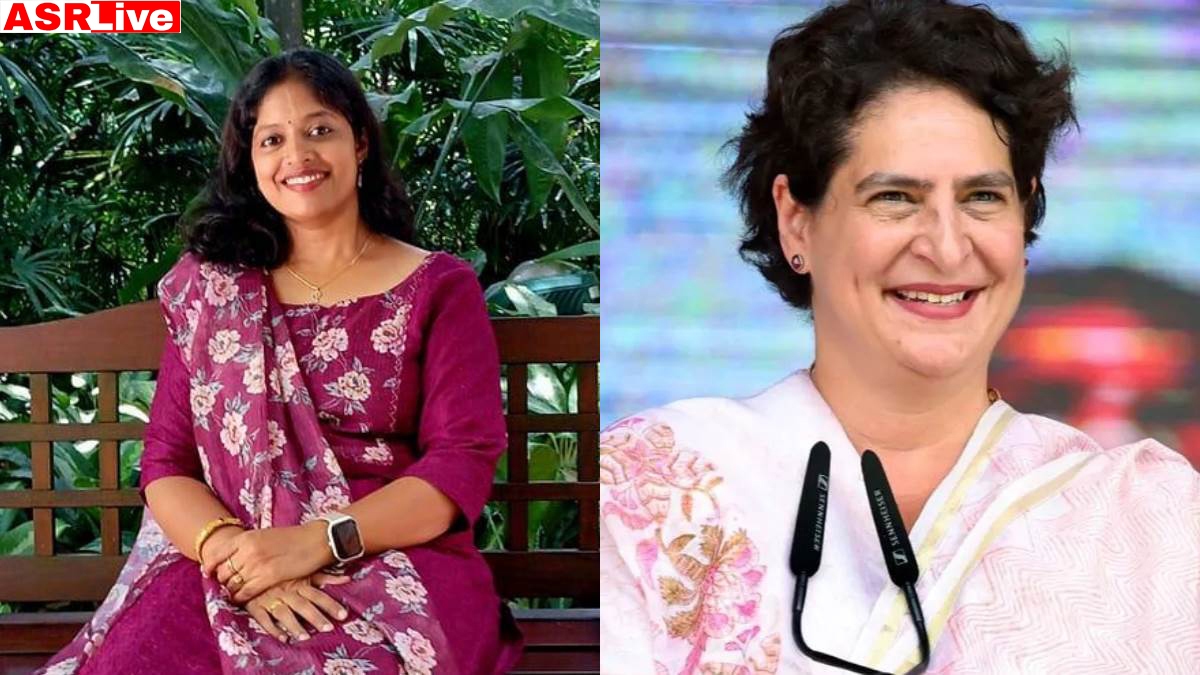BRICS Summit 2024 is centered around enhancing collaboration and addressing global challenges among its member nations—Brazil, Russia, India, China, and South Africa. BRICS is the acronym for an alliance of five major emerging economies: Brazil, Russia, India, China, and South Africa. The group was created in 2009 to enhance cooperation in economics, politics, and culture. The original group was later expanded in 2010 with the inclusion of South Africa. Collectively, these nations account for a considerable percentage of the global population, GDP, and economic activities.
Overview of BRICS Countries:
- Brazil represents Latin America, characterized by its profound natural resources and agricultural export opportunities.
- Russia represents a significant geopolitical force and has been the largest oil and natural gas player.
- India: One of the world’s fastest-growing economies, with an enormous technology and services sector.
- China: The world’s second-largest economy, manufacturing hub and a leading global exporter.
- South Africa is the powerhouse of Africa, an economy with minerals and natural resources, it is a gateway to Africa.
BRICS is interested in growing the economy, peace, and security, thereby developing the idea of a multipolar world by lowering dependency on Western-sponsored institutes in the form of the IMF and World Bank. Essentially, its core objective is reforming international financial institutions and increasing trade and investments among member countries.
Had an excellent meeting with President Putin. The bond between India and Russia is deep-rooted. Our talks focussed on how to add even more vigour to our bilateral partnership across diverse sectors.
— Narendra Modi (@narendramodi) October 22, 2024
- Key Points from Modi’s BRICS Summit Speech
Prime Minister Narendra Modi emphasized the issues of ultimate importance to note at the 16th BRICS Summit in 2024. He stated how the group had the potential to make a difference in shaping the global economic landscape as the world met its most unprecedented challenges. A few highlights of his address are mentioned below:
- Welcoming the New Members, Modi greeted President Putin on the successful organization of the summit and extended a welcome embrace to the new members joining the BRICS family. He referred to the now expanded group, representing around 40% of the world’s population and 30% of the world’s economy.
- Economic Cooperation: He emphasized increasing economic cooperation, focusing on reforms in the sphere of global trade, the World Trade Organization (WTO), agriculture, resilient supply chains, and e-commerce. He drew attention to the BRICS Business Council, Women Business Alliance, and the upcoming BRICS Startup Forum as sources for boosting economic growth.
- Green Initiatives and Climate Change: Modi detailed India’s efforts on climate action, the International Solar Alliance, the Coalition for Disaster Resilient Infrastructure, and the Green Credit initiative, among others. He invited other BRICS nations to join India’s green initiatives.
- Digital and Financial Integration: He advocated the use of local currencies for trade and emphasized the success of the Indian economy, using the Unified Payments Interface (UPI) in cross-border payments. The Gati-Shakti portal for integrated infrastructure development also got a mention.
- Countering Terrorism and Cybersecurity: Modi pushed BRICS to endorse the Comprehensive Convention on International Terrorism and sought cooperation on global regulation for cybersecurity and AI.
- Focus on the Global South: Modi stressed that India wanted to represent the Global South during its G20 Presidency and that BRICS remained committed to the development imperatives of such countries.
- Commitment towards BRICS Objectives: He reiterated India’s commitment to the objectives of BRICS in bringing about peace, security, and a multipolar world. BRICS, not replace them but reform global institutions like the UN Security Council, multilateral development banks, and the WTO, he underlined.
During the BRICS Summit 2024, Prime Minister Narendra Modi had discussions with Chinese President Xi Jinping over improving bilateral relations and major pressing areas. The summations of their dialogue are as follows.
- Border Issues: Both leaders discussed the tension at the India-China border, raising that maintaining peace and stability along the LAC was of utmost importance. They again stated that they would solve the disputes through diplomatic processes rather than using force.
- Economic Cooperation: Better economic cooperation is discussed by Modi and Xi. They were interested in increased trade and investments and looked toward possible scopes of cooperation in the realm of technology, infrastructure, and renewable energy.
- Regional Security: The dialogue covered regional security dynamics, especially jointly having an interest in maintaining stability in South Asia and the larger Asia-Pacific region. Both the leaders agreed upon cooperation to address common security threats.
- Climate Change and Sustainability: Modi and Xi discussed their concern over climate change as well, and possible joint initiatives on renewable energy and sustainability will dovetail with the overall goals of BRICS.
- Multilateralism: Both leaders wanted the world to be multipolar, and BRICS played a very vital role in collecting all emerging economies together. They agreed that global governance has to change in accordance with the interests of developing countries.
- Cultural and People-to-People Ties: The Leaders felt that cultural exchanges and people-to-people ties between India and China would contribute positively towards building understanding and goodwill.
The two leaders agreed to carry on dialogue at various levels so that bilateral relations are further fortified and efforts at working out issues of concern would be continued in a manner that the partnership remained constructive within BRICS.
Summing it all, the two interlocutors were looking to forge more cooperation while working through all the complexities that accompanied the India-China relationship. Both looked forward to a stable and prosperous future for their countries within the framework of BRICS.



